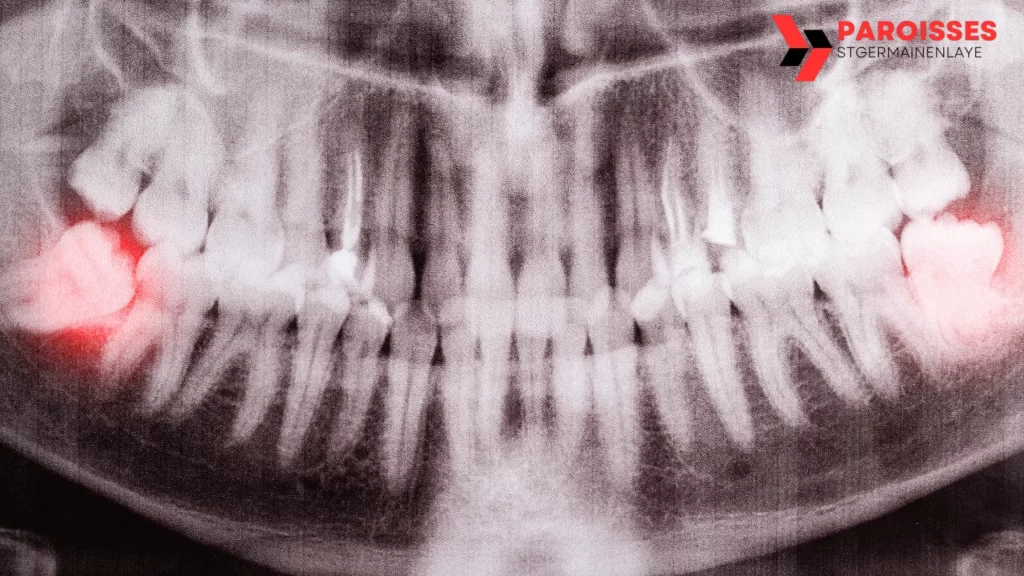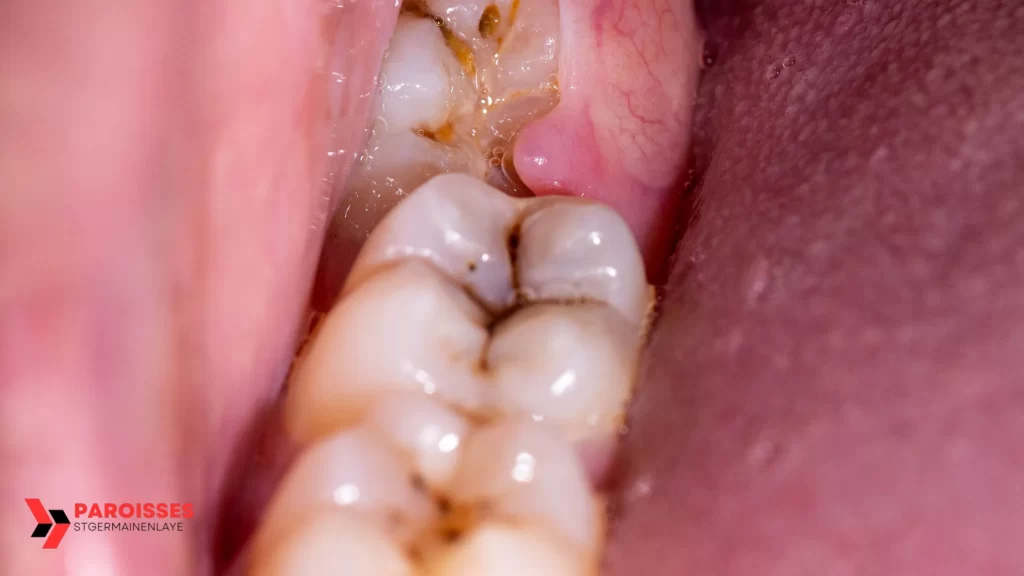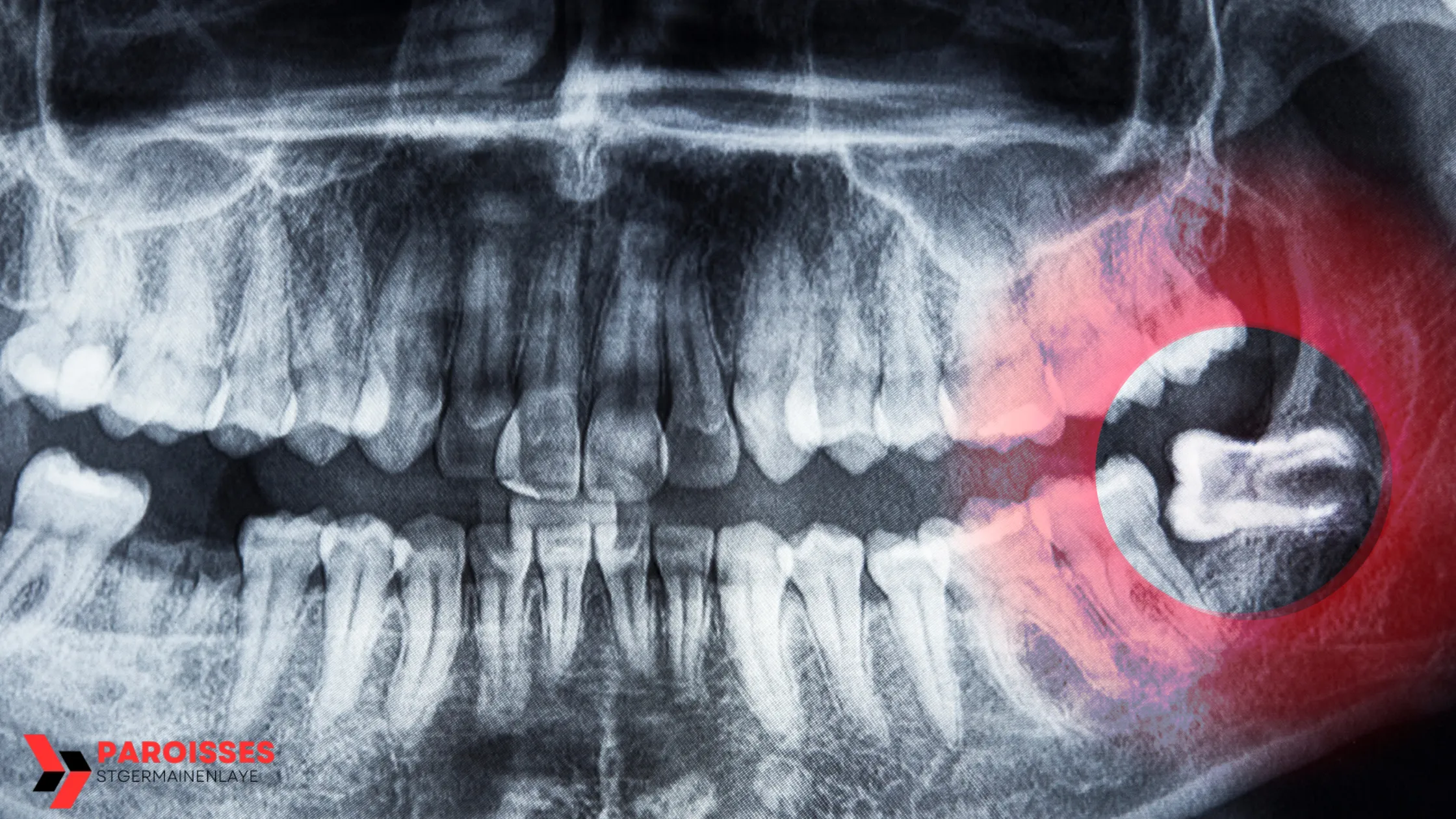Table of Contents
If you’re wondering if you can keep your wisdom teeth, you’re not alone! Many people decide whether to keep or undergo wisdom tooth removal. While some choose to keep their wisdom teeth, others prefer wisdom tooth surgery. But can you keep your wisdom teeth, or is removal better? This article will walk you through expert advice, potential risks, and why keeping your wisdom teeth might be an option for some. By the end, you’ll better understand what’s best for your smile and overall oral health.
What Are Wisdom Teeth?

Wisdom teeth, or third molar teeth, are the last molars to emerge, usually appearing in your late teens or early twenties. These teeth are located at the back of your mouth and were helpful for our ancestors when chewing tough foods. However, modern diets don’t require these molar teeth as much. Unfortunately, not everyone has enough space for these extra teeth in their jaws, leading to complications like impacted wisdom teeth. This often raises questions such as: can you keep or remove your wisdom teeth? Many wonder if you can keep your wisdom teeth without facing future complications related to oral health.
Can You Keep Your Wisdom Teeth? Understanding the Basics
Experts agree that not all wisdom teeth need to be removed. In some cases, healthy wisdom teeth grow without causing issues. If they are properly aligned and you can clean them like the rest of your teeth, you might not need to worry about extraction. Regular dental visits are essential to monitor the growth and health of your wisdom teeth. If they don’t cause discomfort or interfere with nearby teeth, you might be lucky to keep your wisdom teeth.
Benefits of Keeping Your Wisdom Teeth
Keeping your wisdom teeth can have several benefits if healthy and well-aligned. One major advantage is avoiding unnecessary dental surgery and the discomfort of recovery. If your wisdom teeth grow properly, they can help maintain a full set of teeth, which may benefit chewing. Additionally, you won’t have to deal with the risks of wisdom tooth removal, such as infections, tooth loss, or nerve damage. However, can you keep your wisdom teeth without complications? The answer depends on regular dental check-ups and good oral hygiene to ensure you can keep your wisdom teeth safely and effectively.
Also Read: Makka Pakka Death: The Harrowing Truth You Wish Wasn’t Real
When Should You Consider Removing Wisdom Teeth?
While keeping your wisdom teeth is possible, many situations require removal. Here’s why some people might choose extraction:
- Impacted Wisdom Teeth
- Sometimes, wisdom teeth don’t erupt properly. Instead, they may get trapped under the gum tissues or push against other teeth. This may result in discomfort, infections, or even harm to neighboring teeth.
- Risk of Infections
- Wisdom teeth that only partially break through the gums can create a space where bacteria can thrive, leading to gum disease. Wisdom tooth removal may be the best option if you are prone to infections.
- Crowding or Misalignment
- If your mouth doesn’t have enough space, wisdom teeth can push your other teeth out of alignment. This can affect your bite or undo years of orthodontic work.
Keeping your wisdom teeth might lead to more problems than benefits.
What Dangers Come With Holding Onto Your Wisdom Teeth?

Even if your wisdom teeth come in properly, there are still risks. Some people experience problems like cavities in hard-to-reach wisdom teeth or gum disease due to poor cleaning in the back of the mouth. Over time, these issues could escalate into serious dental problems, leading to the question: can you keep your wisdom teeth without facing these challenges? If you keep your wisdom teeth, maintain excellent oral hygiene, and visit your dentist regularly to minimize potential risks. This way, you can confidently answer and healthily keep your wisdom teeth.
What Experts Say: Pros and Cons of Keeping Wisdom Teeth
Pros of Keeping Wisdom Teeth:
- Avoid Surgery: If your wisdom teeth are healthy and well-aligned, you can skip the stress and expense of surgery.
- Natural Bite: Keeping your wisdom teeth allows you to maintain a fuller set of teeth, which might help with chewing for some people.
Cons of Keeping Wisdom Teeth:
- Future Complications: Even if your wisdom teeth seem fine now, they could cause issues.
- Difficult to Clean: The location of wisdom teeth makes them harder to clean, increasing the risk of cavities and gum disease.
Some Say Leave Healthy Teeth Alone
Some people believe that if your wisdom teeth are healthy and not causing any issues, it’s best to leave them alone. The idea is that unnecessary wisdom tooth removal can be avoided if the teeth aren’t causing pain, infections, or alignment problems. Many dentists agree that if your wisdom teeth grow properly, are easy to clean, and don’t affect your bite or other teeth; you might be able to answer Can you keep your wisdom teeth with a confident yes. Regular dental visits and good oral hygiene can help keep these teeth in good shape, allowing you to keep your wisdom teeth without the need for extraction.
Also Read: How Long Does 10mg Edible Stay in Your System Reddit? Shocking Reveal
Benefits of Wisdom Teeth
While wisdom teeth often cause problems, many wonder, can you keep your wisdom teeth if they grow in properly? The answer is yes, and keeping them has some benefits, especially when they are well-aligned. Can you keep your wisdom teeth without facing complications? Let’s explore the potential advantages.
Improved Chewing Ability
Wisdom teeth provide additional molars, which can help chew tough or fibrous foods. They give extra strength to the back of the mouth, making it easier to break down food.
Backup for Lost Molars
Your wisdom teeth can be replaced if you lose other molars due to tooth decay or injury. This allows you to maintain a strong bite and avoid gaps in your teeth.
Supporting Jaw Structure
Wisdom teeth can also help support the jaw structure by keeping all your teeth in place. When properly aligned, they contribute to a full set of teeth that maintains the shape and function of your mouth.
Avoiding Unnecessary Surgery
If your wisdom teeth come in without complications, keeping them means you can avoid dental surgery. This prevents the risk of infections or complications associated with extraction.
Also Read: Can You Keep Your Wisdom Teeth? Here’s What Experts Say!
How to Care for Wisdom Teeth If You Decide to Keep Them
If you and your dentist decide that keeping your wisdom teeth is the right option, you’ll need to pay extra attention to your oral hygiene routine. Here are a few tips:
- Brush Thoroughly: Make sure you reach the back of your mouth to clean your wisdom teeth properly.
- Floss Regularly: Flossing around your wisdom teeth can help prevent plaque buildup and reduce the risk of cavities.
- Use Mouthwash: A good mouthwash can help flush out bacteria from hard-to-reach areas.
- Regular Check-ups: Visit your dentist regularly to monitor the health of your wisdom teeth and catch any potential problems early.
FAQs
Can everyone keep their wisdom teeth?
Only some have enough space for wisdom teeth. Some people may experience complications that require removal.
Is it painful to remove wisdom teeth?
The procedure is generally not painful, as it is done under anesthesia. However, you might feel discomfort during recovery.
How can I tell if my wisdom teeth need to be removed?
After an examination, your dentist can guide you. Signs that removal is needed include pain, swelling, or misalignment.
What happens if I ignore wisdom tooth pain?
Ignoring pain can lead to infections, damage to other teeth, and long-term dental issues.
Are wisdom teeth necessary for chewing?
No, most people can chew properly without wisdom teeth. Our diets no longer require the extra grinding that wisdom teeth provide.

